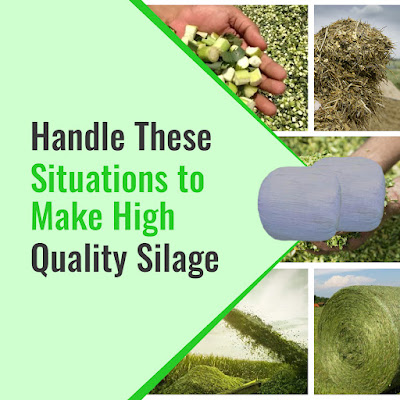Find Which Type Of Silage Is Best For Your Farm

Silage is preserved pasture. Making silage is an essential way for farmers to feed cows and sheep for the duration of instances when pasture is not precise, inclusive of the dry season. Find out how silage is made underneath. The grasses are reduced and then fermented to maintain plenty of nutrients (including sugars and proteins) as feasible. The fermentation is achieved by way of microscopic organisms living inside the grass. The technique must be executed under acidic conditions (round pH 4-five) to preserve nutrients and offer a form of meals that cows and sheep will want to devour. Fermentation at better pH affects silage with an awful flavor and lower amounts of sugars and proteins. The silage-making process is an art in itself. Different types of silages exist, including many hybrid ones. In general, the common classification under which the silages are separated are: ● High-moisture silage (< 30% dry matter) ● Medium-moisture silage (30 – 40% dry matter) ● Low-
